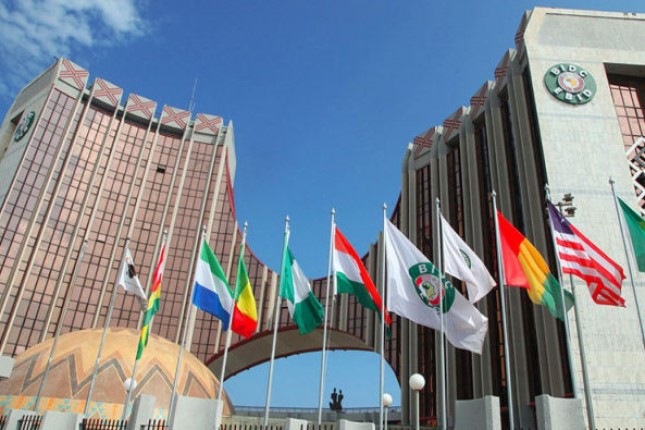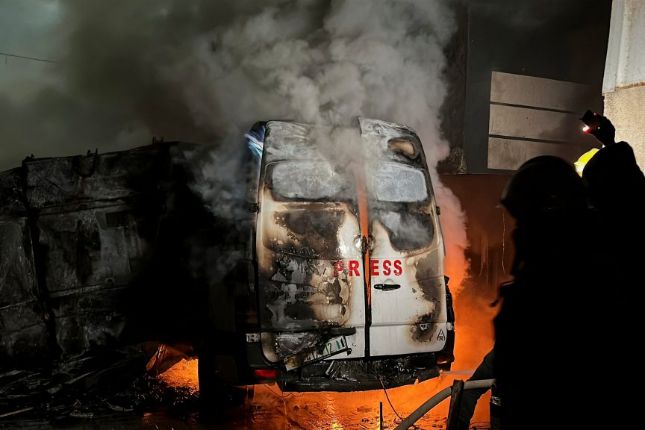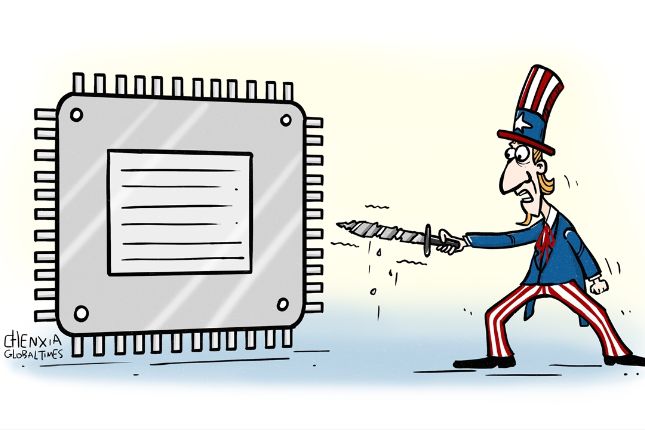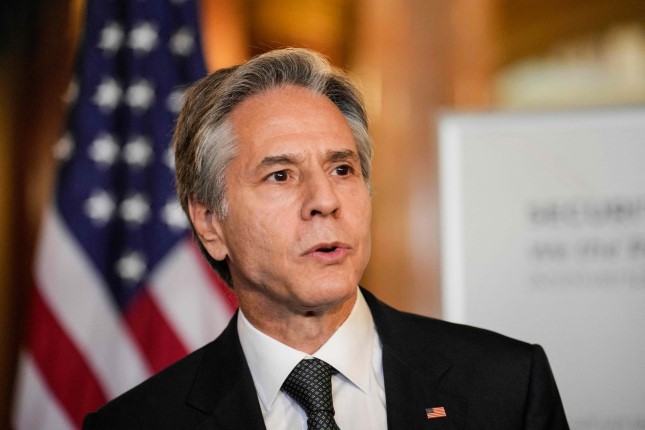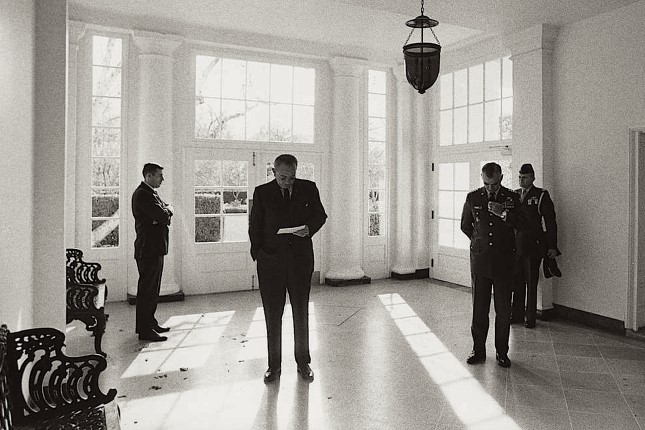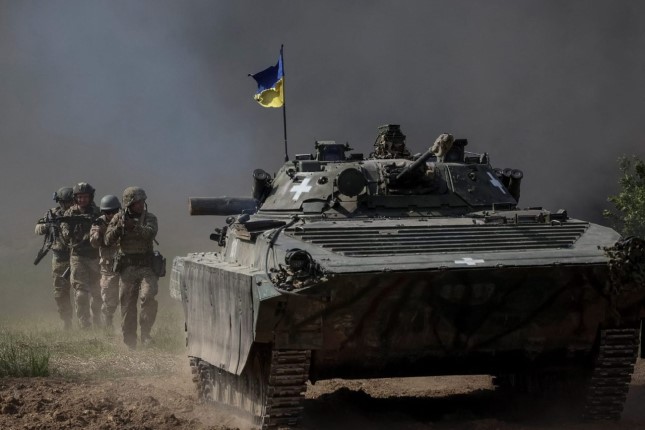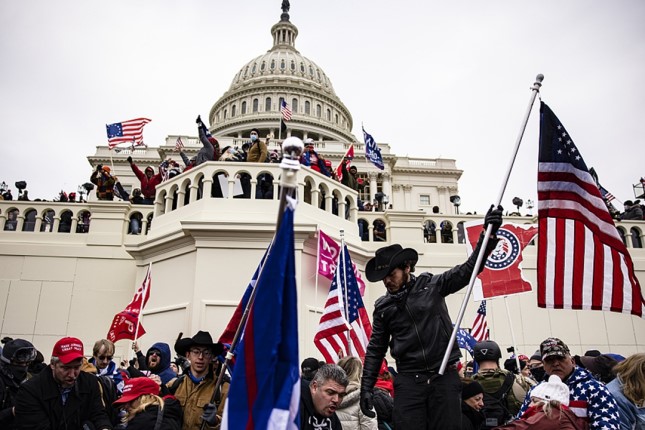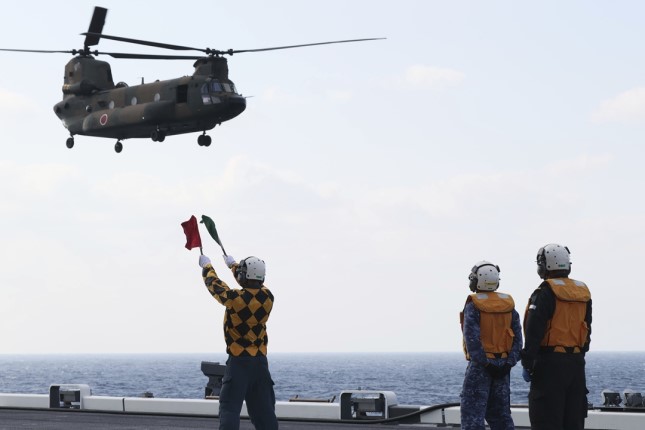The Biden administration is considering ways to maintain its military presence in Niger following the July 26 coup that ousted President Mohamed Bazoum.
Niger serves as a platform for US operations in the Sahel region as it hosts about 1,100 troops and a major drone base that cost over $100 million to build, known as Air Base 201.
The US has not formally declared the situation in Niger a coup since that would require cutting off aid and other types of support to the Nigerien military. CNN reported Thursday that one option being considered to maintain the US military presence in the country is issuing a waiver to allow US operations to continue in Niger if a coup determination is made.
The New York Times reported Wednesday that another option for the administration would be to stop short of declaring a coup and working out an arrangement with the junta to continue counterterrorism support.
Many of the Niger junta leaders have received training from the US and have a long history of cooperating with the US military, including Brig. Gen. Moussa Barmou, who has proclaimed himself Niger’s new defense chief. Barmou worked closely with US special operations forces over the years, and according to CNN’s sources, has kept in touch with several current and former US military officials.
So far, the junta has yet to ask the US to leave the country, and it’s expected that the US could cooperate with the coup leaders if it chooses to. But at the same time, the US has been demanding the reinstatement of Bazoum and has backed threats from the Economic Community of West African States (ECOWAS) to use force if the junta doesn’t relinquish power.
Barmou met with Acting Deputy Secretary of State Victoria Nuland when she visited Niger last week. Sources told The Associated Press that the junta warned Nuland that they would kill Bazoum if neighboring countries intervened.
The Niger coup follows a pattern of US-trained forces in Africa overthrowing civilian governments. Journalist Nick Turse of The Intercept has reported on this phenomenon extensively and the overall failure of the US counterterrorism mission in the region.
Turse explained in a recent article that in 2002 and 2003, the first years of US counterterrorism assistance to Niger, the State Department counted just nine terrorist attacks in all of Africa.
“Last year, the number of violent events in Burkina Faso, Mali, and western Niger alone reached 2,737, according to a report by the Africa Center for Strategic Studies, a Defense Department research institution. This represents a jump of more than 30,000 percent since the US began its counterterrorism efforts,” Turse wrote.
Source: AntiWar.
